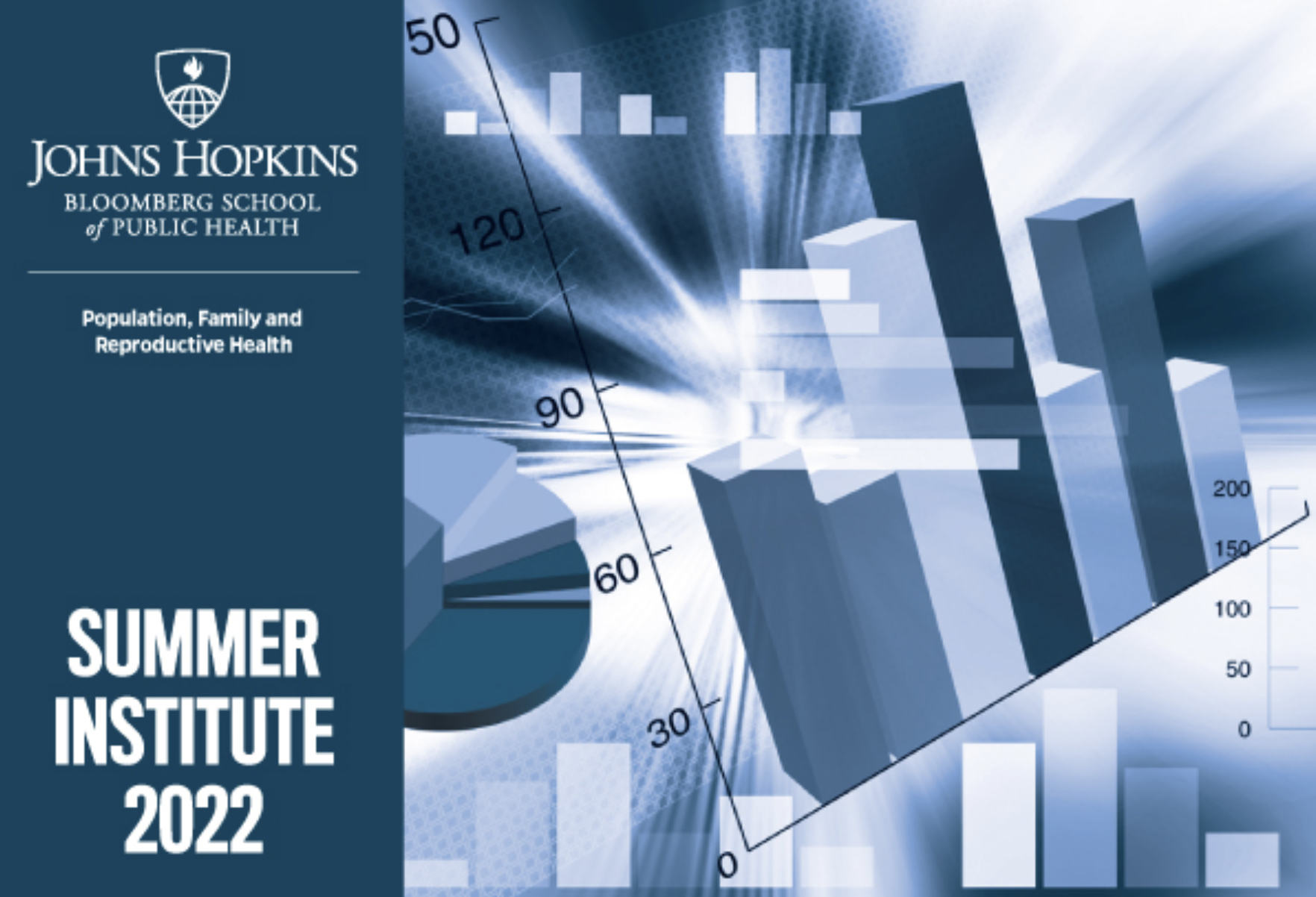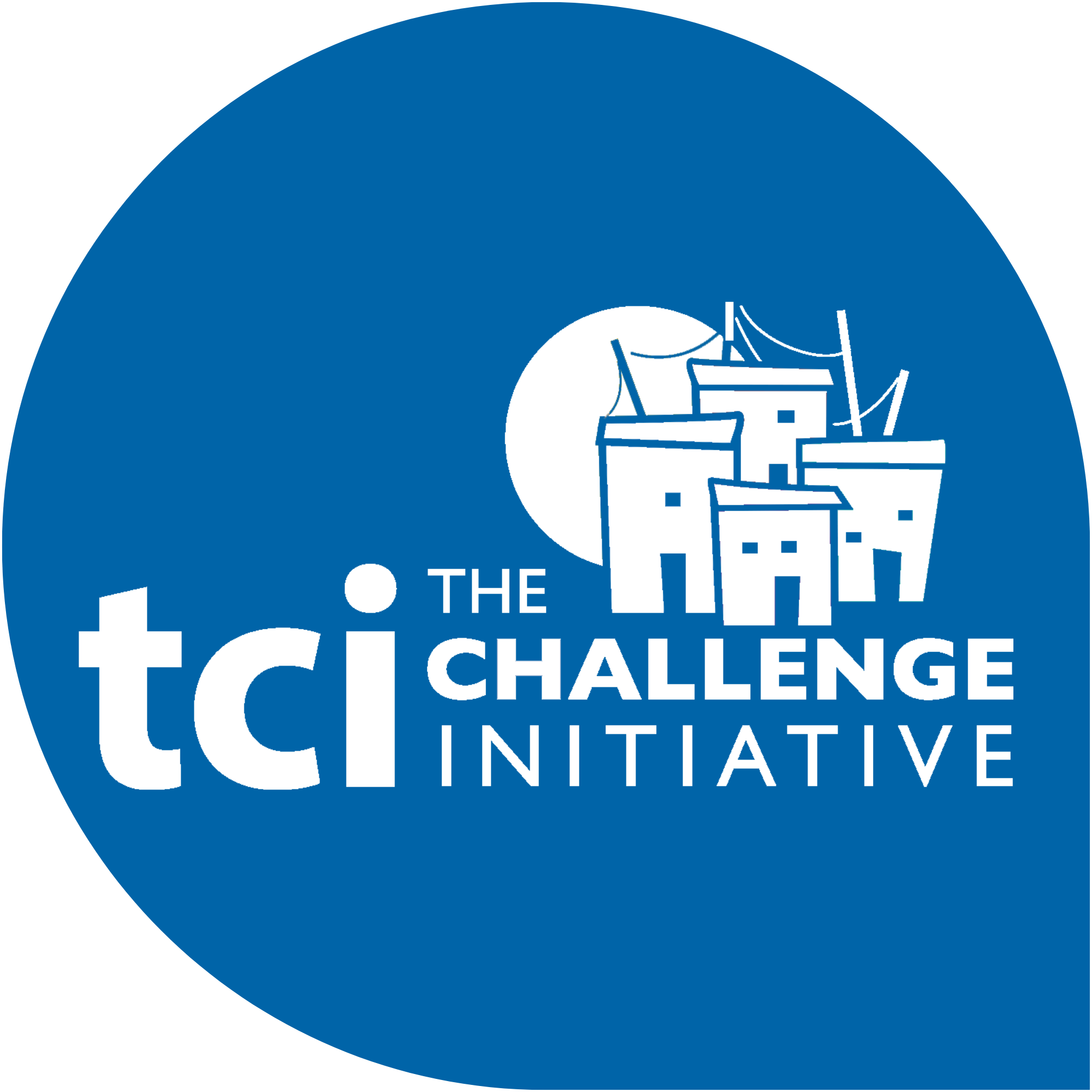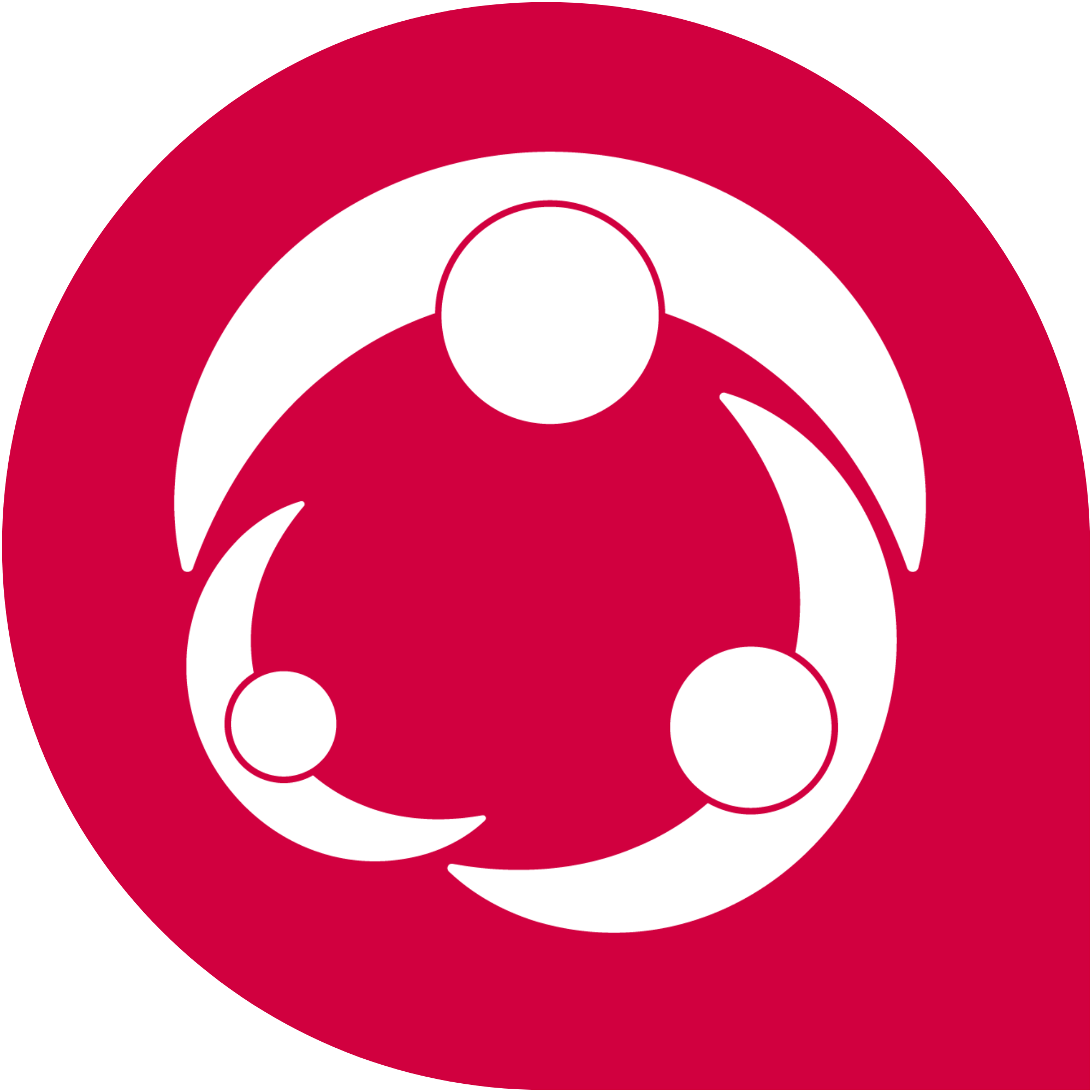Global Partnerships & Platforms
Reproductive Health Centers of Excellence
Empowering leaders, bridging gaps: advancing population and reproductive health globally

Reproductive Health Centers for Excellence
The William H. Gates Sr. Institute for Population and Reproductive Health established seven Reproductive Health Centers of Excellence (RHCoE) in collaboration with esteemed partner institutions. The centers develop graduate curricula and degree programs in reproductive health and extend its influence to strengthen reproductive health teaching and research capacity in the region. These centers are located at Makerere University in Uganda, Addis Ababa University in Ethiopia, Assiut University in Egypt, University of Ibadan, Obafemi Awolowo University in Nigeria, Kwame Nkrumah University (KNUST), the University of Ghana, and University of Malawi. The centers have become epicenters of transformative education and now extend their influence to mentor other regional universities, fortifying reproductive health teaching and research capacity.
Empowering Research, Inspiring Change: Advancing Family Planning and Reproductive Health Knowledge
History
Strategic Leadership Training was essential to the Institute’s mission in its early days and remains a core strategic priority today. A Strategic Leadership course was developed to challenge the mental models or the preconceived ideas of who truly produces health. This foundational course was developed by faculty and staff at the Institute led by Dr. Ben Lozare and Prof. Emeritus Dr. Henry Mosley. The leadership workshop continues to exist as a self-sustaining tuition-funded program, and its curriculum and training materials have been adapted and institutionalized in several partner programs across the world including Indonesia, China, Kenya, and Bangladesh.
Academic Partnership
Since 2002, the Institute’s support has fostered collaborative efforts between Johns Hopkins faculty and partner institutions, resulting in a remarkable output of over 135 peer-reviewed journal articles. These contributions, supplemented by the partner institutions’ own publications totaling over 365 articles, have effectively addressed knowledge gaps in population, reproductive health, and family planning.
Global Impact
Through these partner institutions, at least 1,000 people have been trained from 2003 to 2013 and many have received formal degrees in-country, thus creating local capacity to continuously supply a new generation of leaders in the field. The Institute has consistently convened leadership gatherings focusing on family planning since 2002. The inaugural conferences in Baltimore—’Family Planning in New Worlds’ (2002), ‘Family Planning and the Workforce’ (2003), ‘Parliamentarian Leadership Seminar’ (2004), and ‘Obstetric Fistula Prevention’ (2005)—set the stage. Shifting to an international scale, the Regional Conference on Family Planning and HIV Integration took place in Ethiopia in 2006, while the International Research Conference on Youth and Development was held in Abuja, Nigeria in 2008. The momentum continued with the launch of the International Conference on Family Planning (ICFP) series in 2009 in Uganda.












